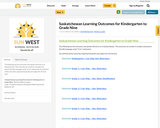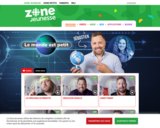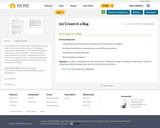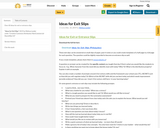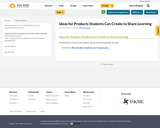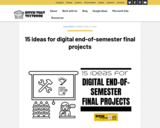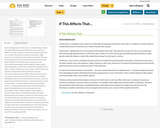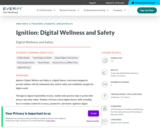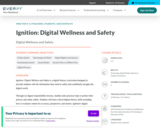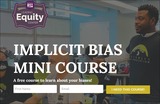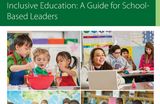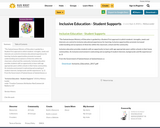Science Background:
A food chain is a simplified way to show the relationship of organisms that feed on each other. It’s helpful to classify animals in a simple food chain by what they eat, or where they get their energy.
Green plants, called producers, form the basis of the aquatic food chain. They get their energy from the sun and make their own food through photosynthesis. In the Great Lakes, producers can be microscopic phytoplankton (plant plankton), algae, aquatic plants like Elodea, or plants like cattails that emerge from the water’s surface.
Herbivores, such as ducks, small fish and many species of zooplankton (animal plankton) eat plants. Carnivores (meat eaters) eat other animals and can be small (e.g., frog) or large (e.g., lake trout). Omnivores are animals (including humans) that eat both plants and animals. Each is an important part of the food chain.
In reality, food chains overlap at many points — because animals often feed on multiple species — forming complex food webs. Food web diagrams depict all feeding interactions among species in real communities. These complex diagrams often appear as intricate spider webs connecting the species.
This lesson demonstrates that changes in one part of a food chain or web may affect other parts, resulting in impacts on carnivores, herbivores, and eventually on producers. An example of this might be the harmful effects of pollution. The point that should be made is that when something disrupts a food web, humans should try to understand and minimize the disturbance. Students should also come to recognize that humans, too, are part of this complex web of life.
